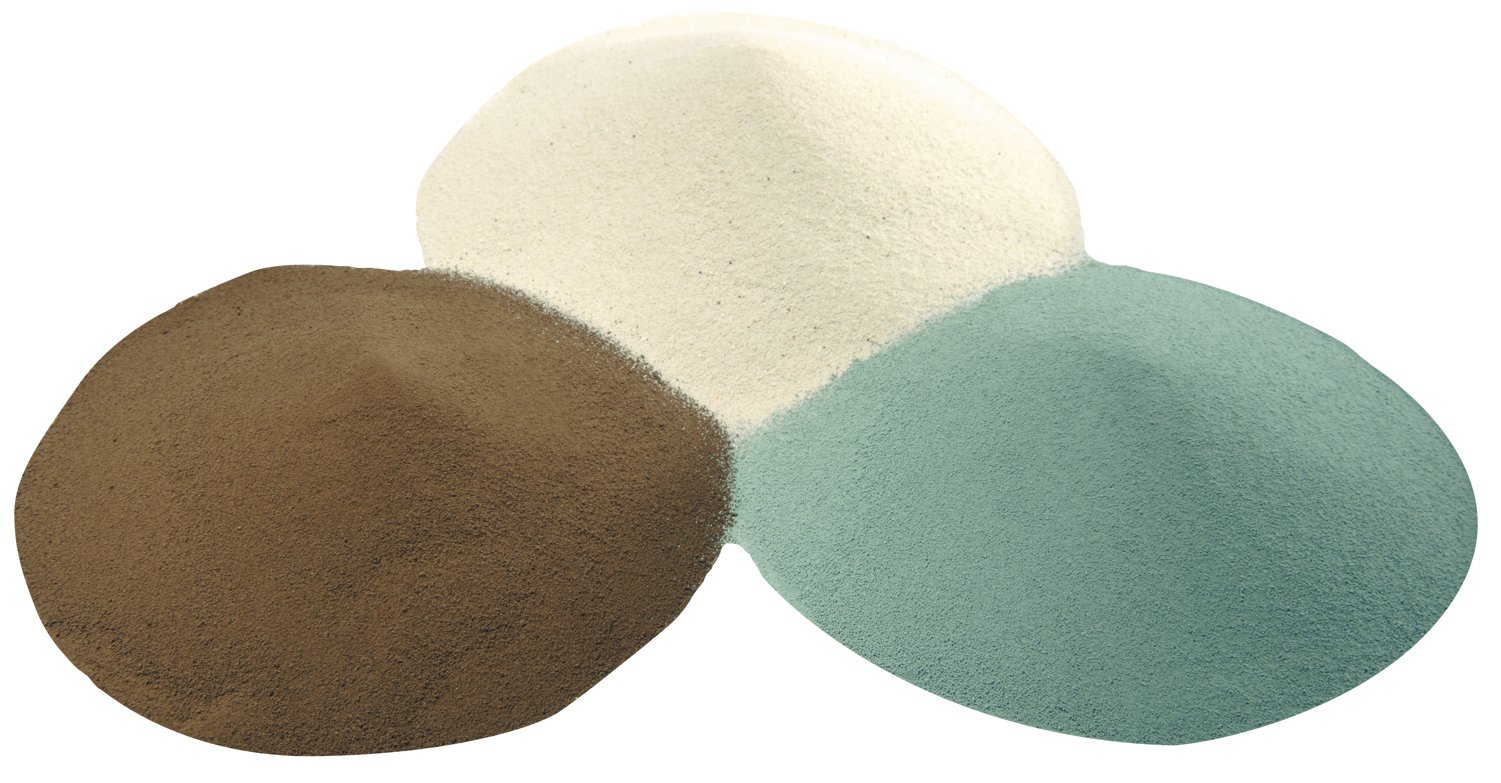
DairyNutriVision 2024
Rotterdam
Building the sustainable dairy cow
Sustainability is about animal health and wellbeing, environment and circularity, and farm financial stability. All these elements should be considered in our journey to build the sustainable dairy cow. This was one of the conclusions drawn from DairyNutriVision, a new global event organised by Trouw Nutrition and Selko.
This event, which took place in Rotterdam, the Netherlands on September 10-12, 2024, brought together over 130 of the most esteemed scientists, industry leaders, and dairy cattle enthusiasts from over 23 countries. With high level presentations from 18 speakers and interactive Q&A sessions, the event shared the latest scientific breakthroughs and innovative approaches to sustainable dairy farming; from youngstock to lactating cows.
Bringing dairy experts together
From incentive to integrated approach
Coen Smits, Director Sustainability Livestock at Nutreco set the scene and said: “Many retailers and food processors are actively seeking dairy products with a measurably lower environmental impact. At the same time, there are many legislations and rules that affect the dairy industry, such as the Green Deal and the upcoming deforestation rules in the EU. To remain competitive, we need a more sustainable dairy cow.” And this requires an integrated approach, said Dr. Liz Homer, Sustainability Manager Ruminants ECA at Trouw Nutrition. Dr. Homer: “Sustainability is all about taking a holistic approach, from calf to fifth lactation (and beyond). If we get calf rearing right, establishing solid growth levels in the first months, this will be translated to more milk, lower culling rates, longer lactations, and less health issues among others.” Other presentations delved deeper into how calf milk replacers of today are doing a better job in meeting the biological needs of the calves, leading to more resilient dairy herds.
Finetuning trace mineral guidelines
DairyNutriVision also had a vast number of technical talks about trace minerals and their role to positively influence different sustainability parameters. Making changes requires better defining the dietary guidelines. “Fine-tuning in trace mineral supplementation – and choosing an efficient source of helps to do more with less and hence supports sustainability”, explained Dr. Jean-Baptiste Daniel, ruminant researcher at Trouw Nutrition. Dr. José Santos from the University of Florida in the US highlighted that source matters. “In one of our studies, Selko Intellibond improved milk solids in colostrum and milk yield in transition cows and led to lower culling rates and better fertility (compared to sulfates-based trace minerals).” In addition, Dr. Carlyn Peterson from Selko showed that Selko IntelliBond may also reduce methane emission in dairy cows, due to improvement in rumen fermentation.
Cows should be healthy and stress-free
Prof. Dr. Lance Baumgard from Iowa State University in the US addressed that a sustainable dairy cow is foremost a healthy, stress-free cow. “And this is particularly relevant in transition cows, as these animals undergo an enormous range of metabolic changes at the same time. As an example, we see that subclinical ketosis is still the number one economical disease and culling reason. We should be able to better control and fix this.” Prof. Dr. Geoffrey Dahl from the University of Florida in the US elaborated a bit more on heat stress and mentioned that when heat stress occurs in late gestation it can have negative effects on the offspring (e.g. lower birth weights), which can impact survivability and negative effects on the long-term milk production and longevity. These effects can even be passed on the calf's offspring, negatively impacting the next generation.”
Marginal improvements add up
In the concluding words of the event it was clearly stated that the dairy industry has come a long way already. Yet, increased pressure of the market and current and upcoming legislation will force the industry to take effective short- and long-term actions. Changes made in the diet can have a quick effect already on the carbon footprint, while the effects of other measures such as prolonging longevity and reducing replacement rates are more mid-longer term. Dr. Jan Dijkstra gave his insights in feeding cattle for a more sustainable future by addressing methane-busting diets and how smart dairy nutrition can help to reduce nitrogen and phosphorus excretion.
“Sustainability is not about applying one measure or changing one thing only. Even marginal improvements lead to big gains, especially when you add them up. However, steps made should always be based on animal health and wellbeing, environment and circularity, and farm financial stability”, JJ Degan, Global Strategic Market Manager Dairy at Trouw Nutrition concluded.
Programme

Didn't capture all presentations?
Not to worry, subscribe below to get access.
Want to know more about our speakers and topics?
Click on the buttons below and you will find more details about the topics and biographies of the speakers.
Panel Discussion Leaders

Javier Martin-Tereso
Ruminant R&D Director
Trouw Nutrition

J. J. Degan
Global Manager Ruminants
Trouw Nutrition

John Doelman
Global R&D Director
Trouw Nutrition

Davi Brito de Araujo
Global Trace Mineral Manager
Selko

Allard Esselink
Global Technical Manager
Trouw Nutrition


